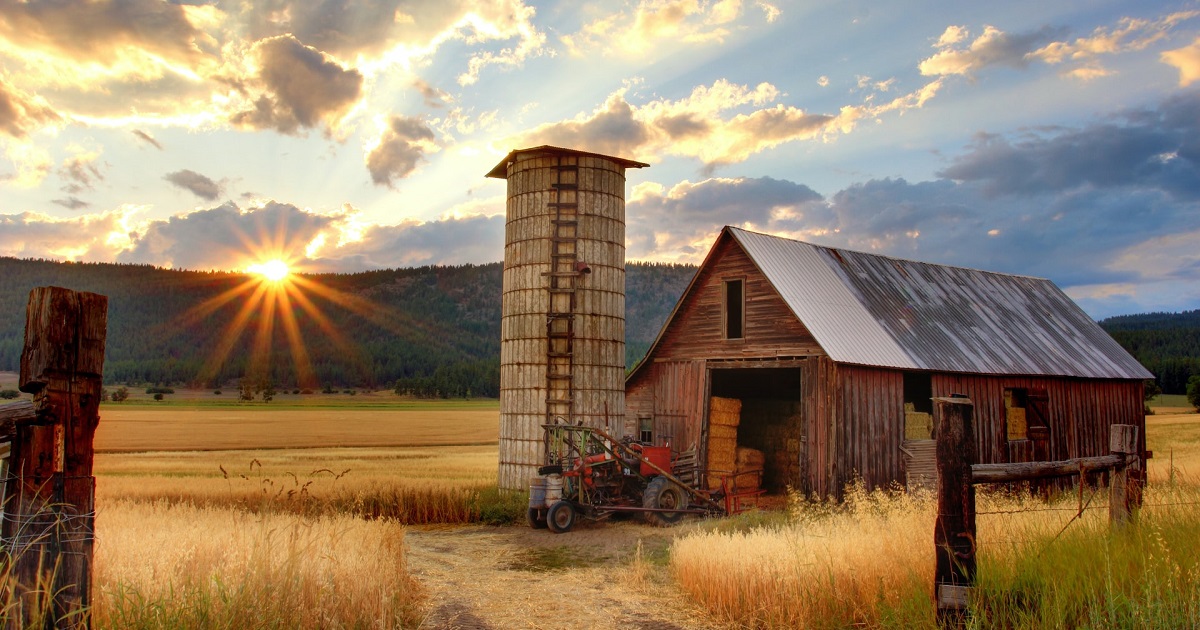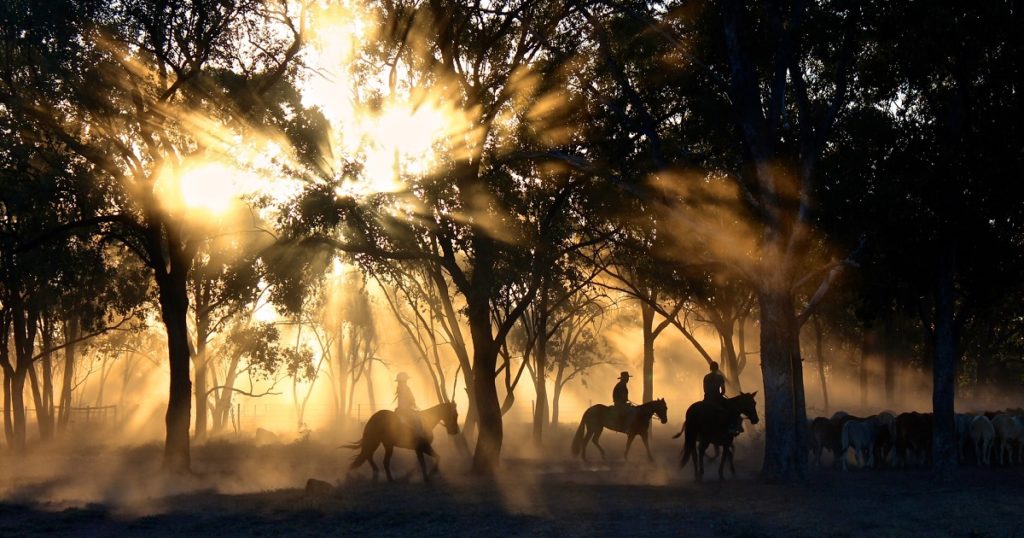
This week presented me with both a learning and teaching opportunity with respect to the principles of stewardship.
My eleven-year-old son has long nurtured a dream to live on a farm, even if only a small one. This led to yet another conversation this week followed by an internet search for a suitable property. Nothing serious – just for a bit of fun.
And then…
While searching, we spotted a stunning nine acre property with stabling for seven horses. The property has a chicken-run, a stream and a small pond along with several fields for grazing. The house looked immaculate with beautiful finishes. This is a minimum requirement for my wife who feels she has had her fill of fix-me-up properties and can’t face the idea of buying another home that needs extensive work doing.
The property is only nine minutes outside of town where we currently live so no need to move churches or schools.
In short, if ever there was a perfect opportunity, this was it! Having myself spent a few years on a smallholding in my mid-teens, I have fond memories of this rural lifestyle and would dearly love to give my children the same experience.
As such, what started out as a bit of fun, suddenly took a more serious turn. With my son egging me on, I called the agent. We couldn’t get an appointment immediately, but he gave me the address so that I could drive past the property and at least peer over the fence.
That same afternoon, I dragged the whole family off to take a peek. It looked perfect!

Principles of Stewardship
From there, I went home and crunched the numbers. It would be a stretch but the property was, surprisingly, just on the edge of our maximum for affordability. I calculated and recalculated as I considered the various options. I wanted to be sure I could put my best foot forward and understood all of my constraints before beginning any negotiations.
However, after sleeping on it and prayerfully considering the opportunity, I had to acknowledge that my desire to own this stunning piece of land was a Need-Minded desire rather than a Seed-Minded one.
By that, I mean it put my own needs and, more specifically, my wants ahead of good stewardship. I have a financial plan that seeks to:
- Support my family
- Give generously to God’s Kingdom and
- Plant seeds for future growth
This is a Seed-Minded plan. I want to ensure that I not only have enough to support my family and give to God’s kingdom today but also that I can continue to do so tomorrow, and for years to come.
To make this purchase would consume all my resources and leave nothing to plant as seed for future harvest.
The principles of stewardship acknowledge that all I have and all I earn belongs to God, not me. As such, I have a duty of care to manage God’s resources as a wise servant rather than to squander them on a single self-gratifying experience.
The “seed money” I have saved or am likely to save over the next five to ten years is earmarked for investments that will bear fruit and, God willing, finance missionaries or ministers-in-training while continuing to support my family for years to come. To divert all of those funds into my own short-term happiness would be foolish.
Having drawn this conclusion and discussed it with my wife, who was in full agreement, we called the kids through and chatted to them. We showed them the numbers and explained our reasoning. We then recapped the principles of stewardship and asked them what they thought?
This led to a great conversation in which my children got to apply:
- Godly Stewardship
- Wise Financial Decisions and
- Delayed vs Instant Gratification
… all in one very practical experience that they had both been involved in and could relate to.
By involving my children in the whole process rather than shielding them from “financial matters that they wouldn’t understand”, they have experienced the excitement of anticipation, the disappointment of lost opportunity and the wisdom of good stewardship first-hand. In the years to come, I am sure, they will also experience the reward of good stewardship. I will share those lessons when the time comes.
It pains me that I can’t give my children an experience that, I believe, would bring them and the whole family immense joy. But I am secure in the knowledge that God has a bigger plan for me and my family and that this sacrifice serves a bigger purpose.
Perhaps my son will get his farm some day. But it will be in God’s time and for his purposes. It won’t be today.
